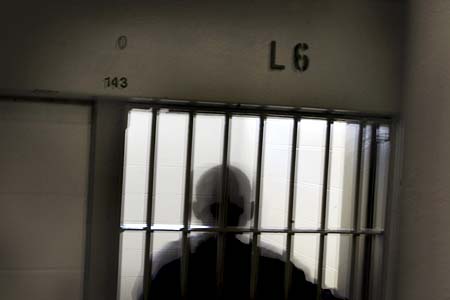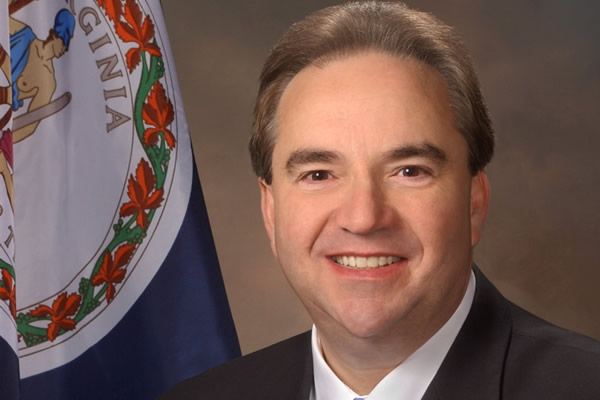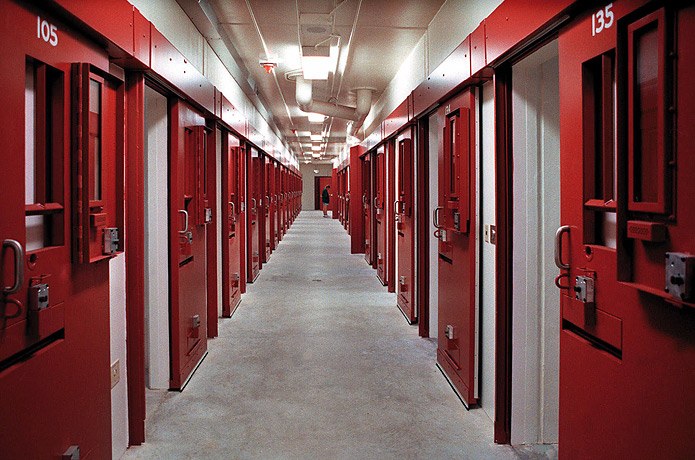
First a note about Colorado
I was on the west coast Friday doing research for a new nonfiction book when I received a seven a.m. telephone call from CNN asking if I wanted to comment about a shooting in Aurora. Was this incident similar to the Virginia Tech massacre or the rampage in Tuscon? I felt a sickening sense of dread as soon as I heard that question. But I really couldn’t comment. I was still in bed and hadn’t yet turned on the hotel television or my computer. I really didn’t know anything about the mass murders. As I write this, we still haven’t been told enough about the mental state of the gunman to speculate. All I can say is that my heart goes out to all of the victims in this horrific tragedy.
I wrote last week about a recent lawsuit that alleges the federal Bureau of Prisons is mistreating inmates with mental disorders being held in its so-called Supermax, ADX penitentiary in Florence, Colorado. I believe this suit is so shocking that it merits another blog post. The lead attorney in the class action suit, Ed Aro, told me via email that the director of the BOP, Charles E. Samuels Jr., in sworn testimony before a congressional committee, testified that there were no inmates with serious mental illnesses being held in the high security ADX. He made this statement the day after the lawsuit was filed.
Aro’s reacted with one stunned word: “Incredible!”
That’s putting it mildly if the accusations in the lawsuit are factual.
The BOP’s attorneys have yet to respond. But the director’s testimony certainly doesn’t jive with what is described in the lawsuit. Let’s review just two inmates whose backgrounds are recounted in the court document.







